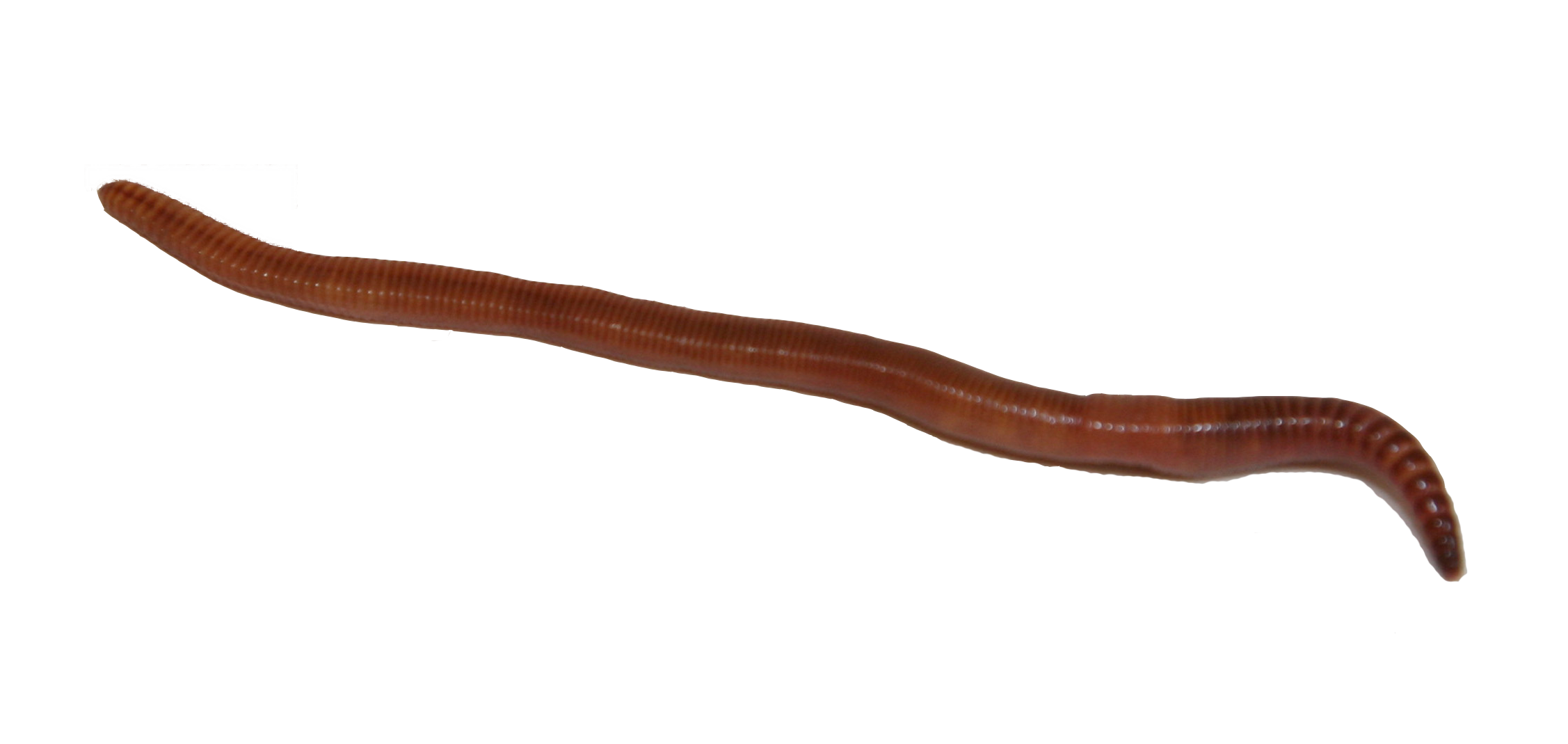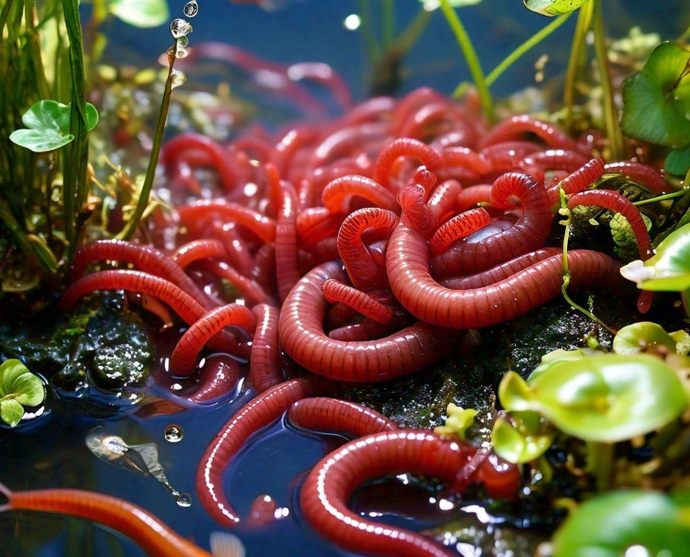Why Red Wigglers Are Necessary for Chemical-free Farming
Red wigglers play a pivotal role in chemical-free farming, mainly via their one-of-a-kind capability to decay organic materials and improve dirt health and wellness. Their activity not just improves the dirt with crucial nutrients however additionally cultivates a thriving community crucial for sustainable agriculture. Moreover, the physical processes they take part in, such as oygenation and wetness retention, contribute substantially to improved plant returns. However, the extent of their influence on agricultural methods and soil biology elevates intriguing inquiries about the future of organic farming. What effects might this have for farming methods?
Duty of Red Wigglers in Soil Wellness

Furthermore, red wigglers boost soil framework by developing networks as they tunnel. These channels enhance oygenation and water infiltration, advertising a much healthier root setting. Their task also aids in keeping ideal dampness degrees, which is vital for healthy plant development.

Advantages of Worm Spreadings
Worm castings, the nutrient-rich excrement produced by red wigglers, offer as an effective change for natural farming. These castings are packed with necessary nutrients such as nitrogen, phosphorus, and potassium, which are important for plant development. Unlike artificial fertilizers, worm spreadings release nutrients slowly, offering a constant supply with time and minimizing the danger of nutrient leaching and runoff.
Additionally, worm spreadings improve soil structure and oygenation, advertising healthier root systems. Their high organic matter web content improves dampness retention, enabling plants to better withstand drought problems. Additionally, worm spreadings consist of useful bacteria that sustain plant health and wellness by suppressing microorganisms and improving nutrition uptake.
The application of worm castings can lead to increased plant returns and boosted top quality of fruit and vegetables, making them an indispensable source for natural farmers. Their use additionally straightens with lasting farming practices, adding to dirt fertility without the unfavorable environmental effects linked with chemical fertilizers. In general, the consolidation of worm spreadings right into agricultural methods promotes an extra resilient and efficient ecological community, underscoring the importance of red wigglers in natural farming systems.

Enhancing Nutrient Cycling
(red wiggler farming)Nutrition cycling is a vital procedure in organic farming, and the integration of red wigglers plays a crucial duty in boosting this cycle. As red wigglers consume decomposing organic issue, they eliminate nutrient-rich castings, which are brimming with useful microbes.
Additionally, red wigglers assist to speed up the mineralization of nutrients, transforming them from inert forms right into bioavailable types that plants can take in. This process is crucial for preserving dirt fertility and advertising healthy and balanced crop growth. The existence of red wigglers likewise urges a varied dirt ecological community, cultivating an equilibrium of nutrients that sustains different plant species.
Improving Soil Structure
The enhancement of soil structure is vital for cultivating a healthy agricultural environment, and the task of red wigglers significantly adds to this enhancement. These earthworms play a crucial duty in aerating the dirt and producing a network of channels that assist in water seepage and root penetration. As they tunnel with the soil, red wigglers separate compressed layers, enabling much better oxygen exchange and promoting microbial activity.
Furthermore, the raw material created from their waste, referred to as vermicast, enhances soil gathering. This procedure creates secure clumps of dirt particles, boosting soil porosity and lowering disintegration (red wigglers). The visibility of red red wiggler worms for sale near me wigglers also urges the development of helpful fungal networks, which are essential for nutrient uptake by plants
Promoting Sustainable Practices
Integrating red wigglers into natural farming techniques not only enhances soil health however also promotes lasting agricultural techniques. These earthworms play an important role in vitamins and mineral cycling, transforming natural waste right into useful garden compost that enriches the soil. By making use of red wigglers, farmers can properly lower reliance on artificial plant foods, thus decreasing chemical overflow and its detrimental effects on communities.
In addition, the incorporation of red wigglers encourages the technique of recycling natural products, such as kitchen area scraps and ranch waste. This waste decrease approach not only reduces disposal prices yet also cultivates a closed-loop system where nutrients are continuously returned to the dirt (red wigglers). Such techniques are important in mitigating environment change, as they improve carbon sequestration and minimize greenhouse gas discharges
Additionally, red wigglers boost water retention in the soil, which is important in times of drought. Their burrowing activities create channels that permit water to permeate deeper right into the ground, thus advertising reliable water use. Ultimately, integrating red wigglers right into chemical-free farming not just supports biodiversity yet also lines up with the concepts of sustainable farming, offering a holistic method to food manufacturing.
Verdict
Finally, red wigglers play a critical role in natural farming by significantly boosting soil health and fertility. Their capacity to decompose organic issue and create nutrient-rich castings promotes a successful microbial neighborhood, which is necessary for nutrition cycling. In addition, the tunneling tasks of these worms improve dirt structure and oygenation, assisting in better water seepage and root development. Hence, the assimilation of red wigglers into agricultural methods is vital for promoting sustainability and improving total soil high quality.